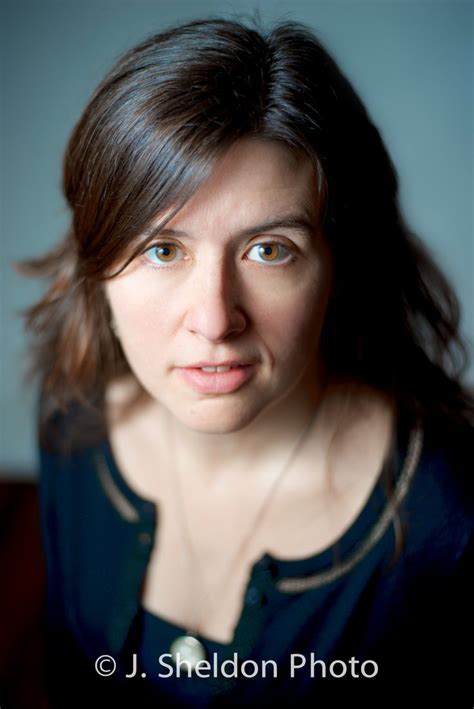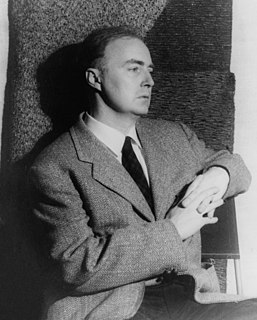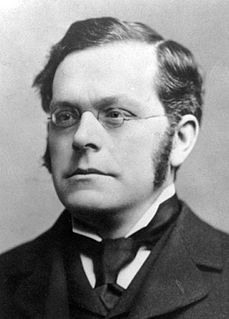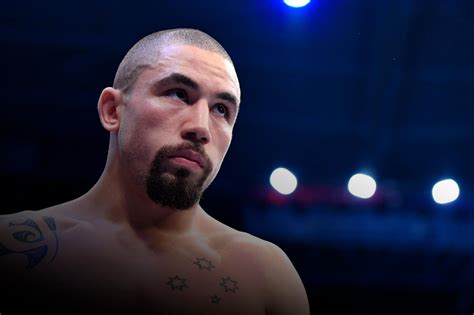A Quote by Ursula K. Le Guin
...If at moments the facts seem to alter with an altered voice, why then you can choose the fact you like best; yet none of them are false, and it is all one story.
Related Quotes
Facts are neutral until human beings add their own meaning to those facts. People make their decisions based on what the facts mean to them, not on the facts themselves. The meaning they add to facts depends on their current story … facts are not terribly useful to influencing others. People don’t need new facts—they need a new story.
My father once told me that a happy ending is just the place where you choose to stop telling the story. So this is where I choose to stop. More things are still going to happen, of course, some good, some bad. Some things never get any better. When people die they stay dead. None of us knows why we love, or why we stop loving, or why everyone we love we lose.
It was possible, maybe, to have facts in your mind that weren't facts at all. You could build a whole life's story on false assumptions. You could make truths out of untruths and untruths out of truths. Until you spoke them, really said them out loud or checked for sure, you may not have known which were which.
The worst part was that I had things I wanted to tell my mother, too many to count, but none of them would go down so easy. She'd been through too much, between my siters-I could not add to the weight. So instead, I did my best to balance it out, bit by bit, word by word, story by story, even if none of them were true.
Pain nourishes courage. You can't be brave if you've only had wonderful things happen to you. Pain is inevitable. Misery is optional. Physical pain is a fact that comes with living, just as illness or financial woes or broken relationships are facts. But misery is a state of mind, a reaction to the facts, that can be controlled or altered by an act of will.
Comic books are just a way to show a story. Then there are the movies, and television and exhibits like this that take the stories and make them seem so realistic. In the comic book, you're just reading a story - hopefully a good, exciting story that whets your appetite for all of this stuff to come.
The true historian, therefore, seeking to compose a true picture of the thing acted, must collect facts and combine facts. Methods will differ, styles will differ. Nobody ever does anything like anybody else; but the end in view is generally the same, and the historian's end is truthful narration. Maxims he will have, if he is wise, never a one; and as for a moral, if he tell his story well, it will need none; if he tell it ill, it will deserve none.






































